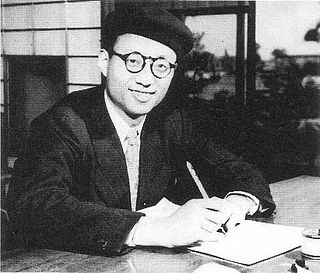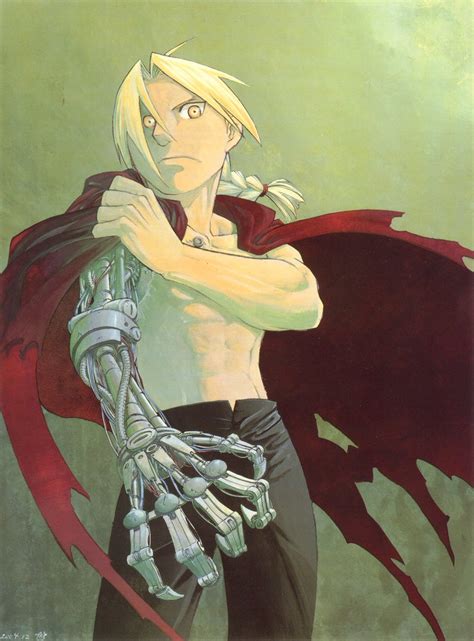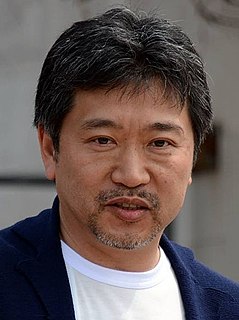A Quote by Takashi Miike
More than my films being influenced by manga I was indelibly impressed by Manga, and that definitely comes out in the films.
Quote Topics
Related Quotes
I think that nationality has no relation to that which gives rise to manga. Even among the Japanese, manga creators are making their creations everyday reflecting their own individuality, with none being the same. What is important isn't the differences between the creators but their love for manga.
The thing is that I don't normally think in terms of manga when I'm writing. Sounds odd from someone who has is getting a reputation for doing manga related work. But I would say that my scripts are NOT manga at the stage of my writing process, they are just comic book stories in a more general sense.
Contemporary art and manga - what is the same about them? Nothing, right? The manga industry has a lot of talented people, but contemporary art works on more of a solitary model. No one embarks on collaboration in contemporary art in order to make money. But in the manga world, everyone is invested in collaboration. The most important point is that the manga industry constantly encourages new creations and creators.
One of the more problematic aspects of the current state of cinema in Japan is that the movies playing in the theaters are by and large made not by film studios but by broadcasting companies. They're either extensions of popular television dramas or adaptations of manga or anime. Younger Japanese are simply not being exposed to good films. That situation needs to change.































